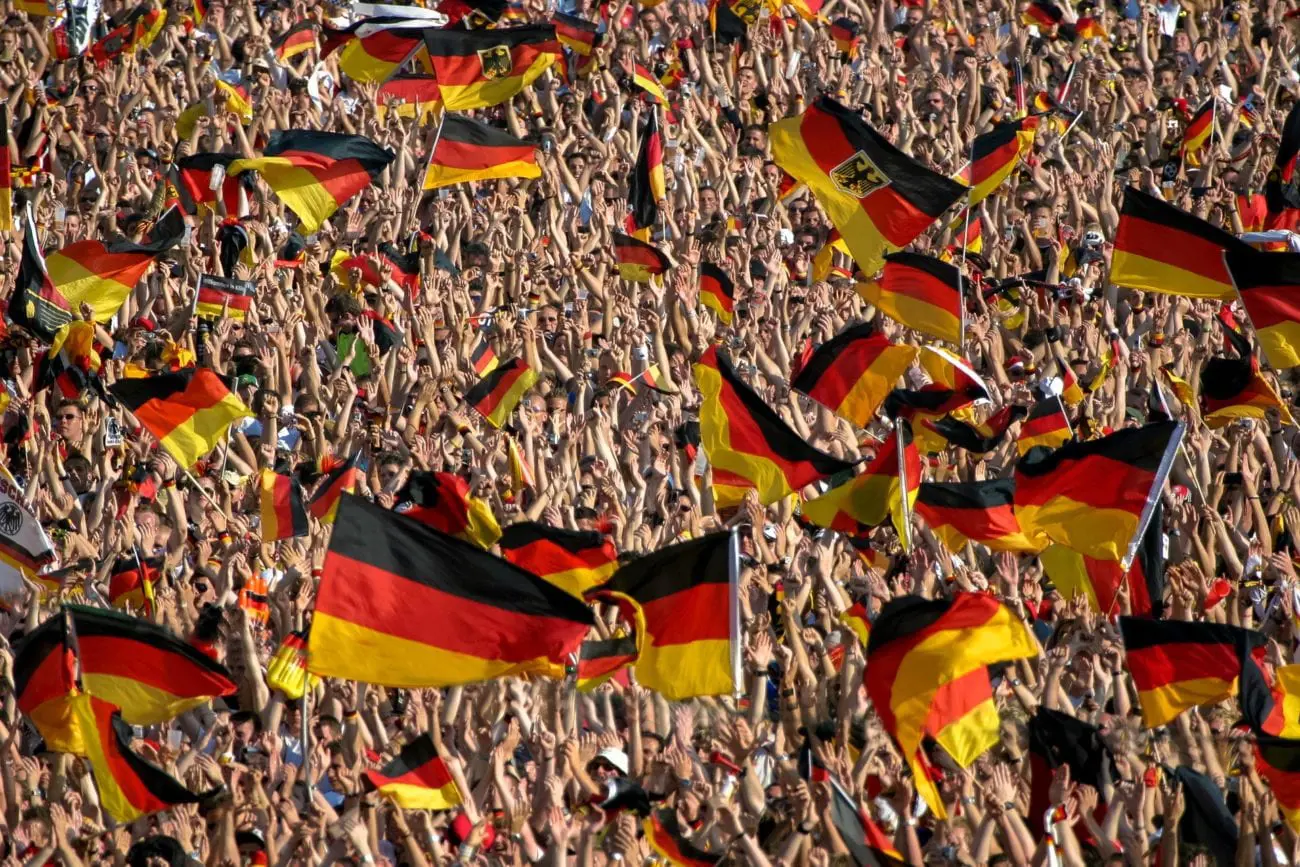German states agree transition period for igaming
German lawmakers are to permit online casino games in Germany, provided operators comply with the terms of the regulatory framework due to come into force from 1 July 2021.

German lawmakers are to permit online casino games in Germany, provided operators comply with the terms of the regulatory framework due to come into force from 1 July 2021.
Per the agreement made by the country’s 16 Minister-Presidents, operators will be permitted to continue offering online slots, poker and sports betting provided they work to ensure they comply with the terms of the Glücksspielneuregulierungstaatsvertrag (GlüneuRStV) by 15 October.
By this date they will be required to comply with the player protection guidelines and addiction prevention measures set out in the GlüNeuRStV. At this point operators will also be expected to adhere to the terms of the 2021 legislation for each vertical.
This means that for sports betting, operators will be required to limit in-play betting markets to next goalscorer and final results, while for online slots a €1 per spin stake limit must be in place.
Online table games, such as blackjack and roulette, will not be permitted in the transition period. These products must already be offered separately from online slots, and states may choose to grant their lotteries a monopoly for the vertical.
While a blanket €1,000 monthly spending limit will be applied for all players, users may also apply to have this raised up €10,000. This will only be permitted provided a maximum bet amount is set for the player, and a special loss limit, which will prevent them from losing more than 20% of their maximum spend, must be imposed.
Each operator will also be allowed to grant a small number of players a spending cap of between €10,000 and €30,000. This may only be applied to a maximum of 1% of an operator’s total registered players, and the individual must be at least 21 years of age. Enhanced due diligence and monitoring must also be carried out.
Any breach of these terms will see the temporary authorisation withdrawn, and would most likely see the operator blocked from securing a licence from July next year.
During the transition period, enforcement action against illegal operators will also be stepped up. These efforts will target sportsbook operators that did not apply for a licence under the third amendmended State Treaty and those that fail to implement the controls for online slots and poker; and those that continue to offer table games.
For these offenders, Niedersachsen will continue to coordinate efforts to block payments.
These conditions, however, will not apply in Schleswig-Holstein, which has adopted a more liberal framework in which all products are permitted and subject to a 20% gross revenue tax. That model will still be replaced by the GlüNeuRStV from July next year.
The transition period has been under discussion for a number of months. It emerged in July that Nordrhein-Westfalen, Berlin, Hamburg and Bavaria were playing leading roles in these talks, and while a conclusion was ultimately agreed upon, a number of states expressed serious misgivings.
Last month GVC Holdings, which has a strong presence in Germany through its bwin brand, began circulating a proposed transitional framework under which operators would implement the GlüNeuRStV in phases.
This, it said at the time, would ensure key elements of the incoming treaty would be in place in a matter of months. Customer identification controls, for example, would be in place within 10 weeks, GVC said, while deposit limits could be enforced in three and a half months.
The transition period aims to end a period of uncertainty for the gambling industry, after efforts to finally implement the third amended State Treaty on Gambling for 18 months ahead of the GlüNeuRStV coming into force failed.
The third State Treaty was derailed by a legal challenge from Austrian bookmaker Vierklee, which successfully argued that the licensing process was not fully transparent and weighted in favour of market incumbents in the Hesse courts.
While the Regional Council of Darmstadt, the body responsible for processing licence applications, declared its intention to appeal the ruling, it then agreed to pause enforcement action against an operator to negotiate a transitional arrangement.
Under the GlüNeuRStV, the Regional Council will be replaced as the regulatory authority by a new entity, to be based in the state of Sachsen-Anhalt. For that treaty to come into force, however, it must still be ratified by 13 of Germany’s 16 states.
A new tracker by sports betting operator body the Deutscher Sportwettenverband shows that it has been notified to 10 state parliaments to date, but is yet to progress to bill stage in any of these.
It also awaits an assessment from the European Commission. Germany notified the legislation to the EC in May this year, and it was originally subject to a standstill period running until 19 August. However this was extended to 18 September, after Malta submitted a detailed opinion on the legislation.